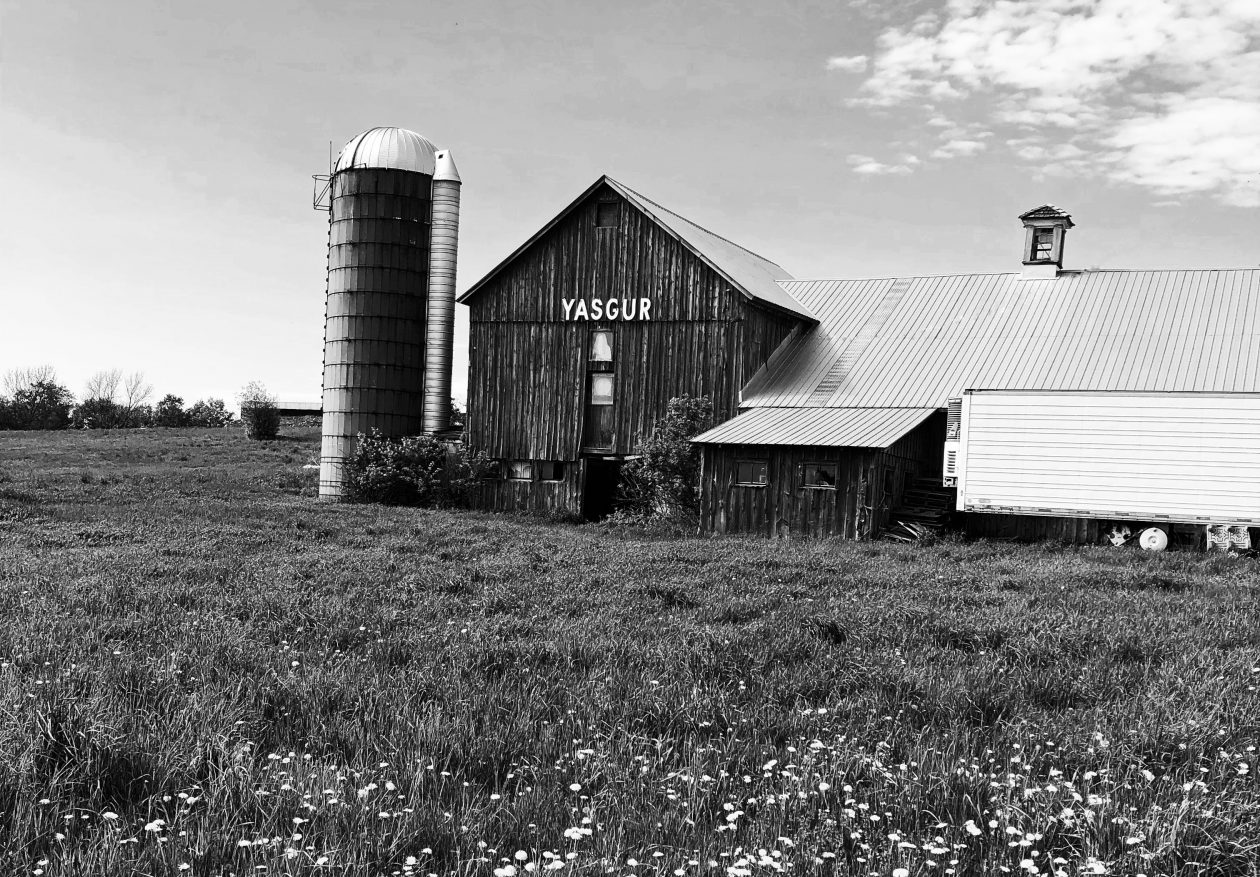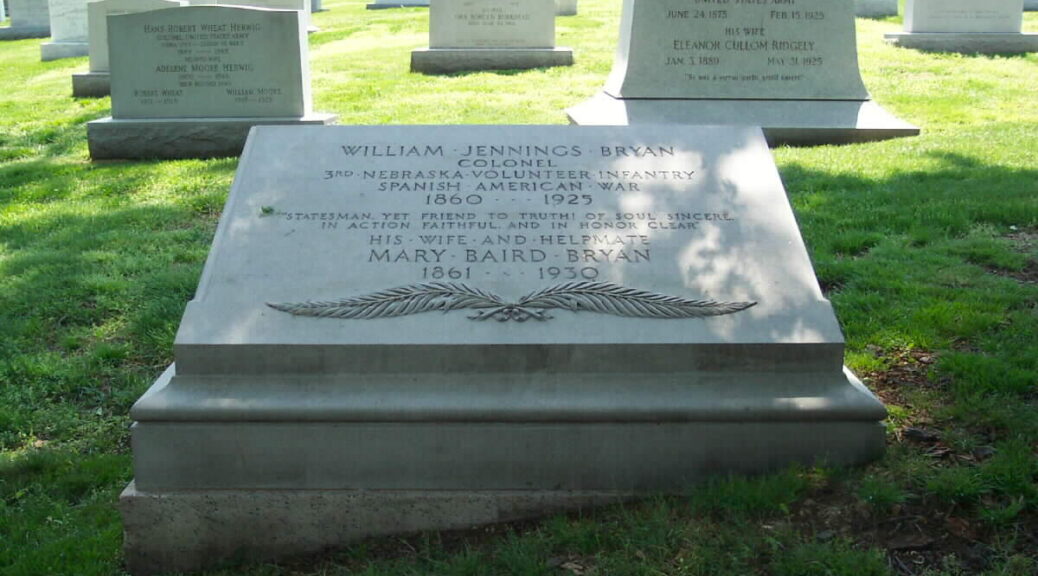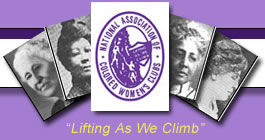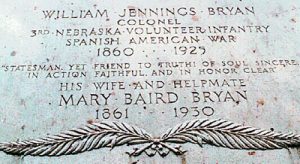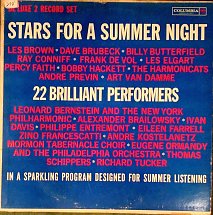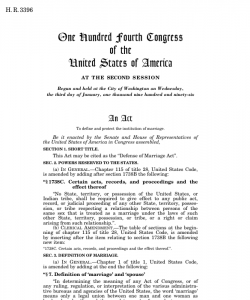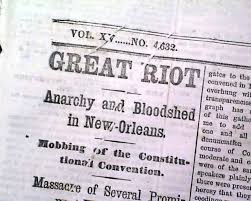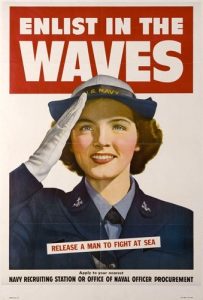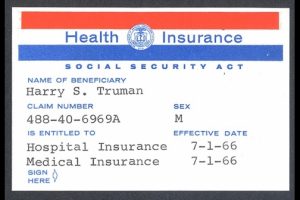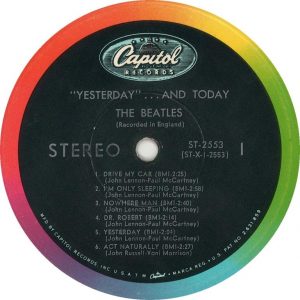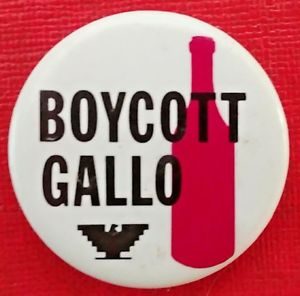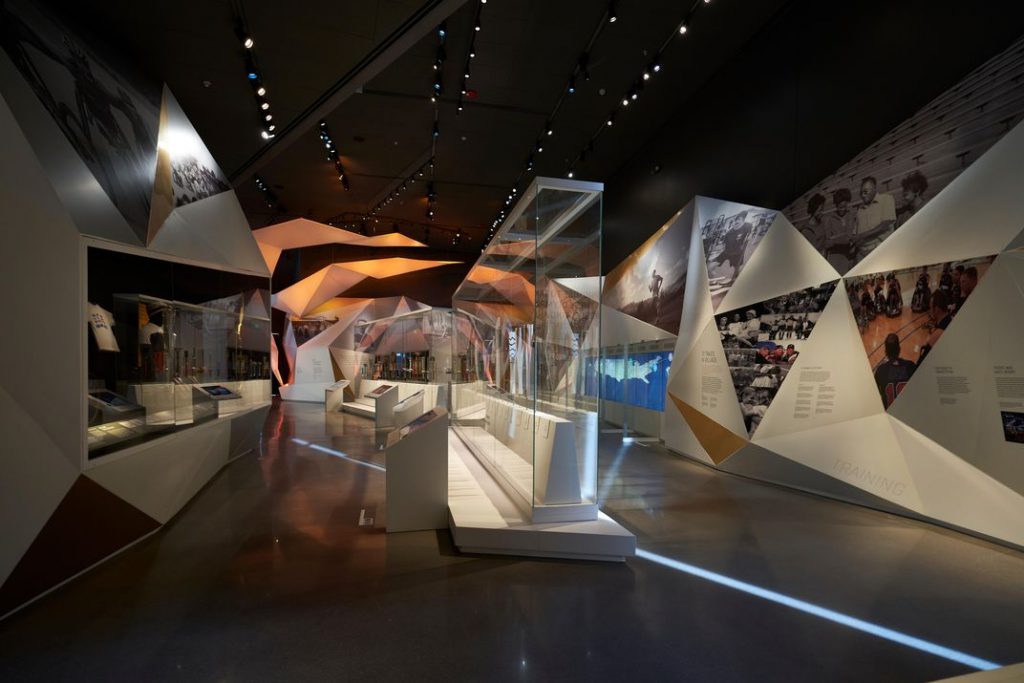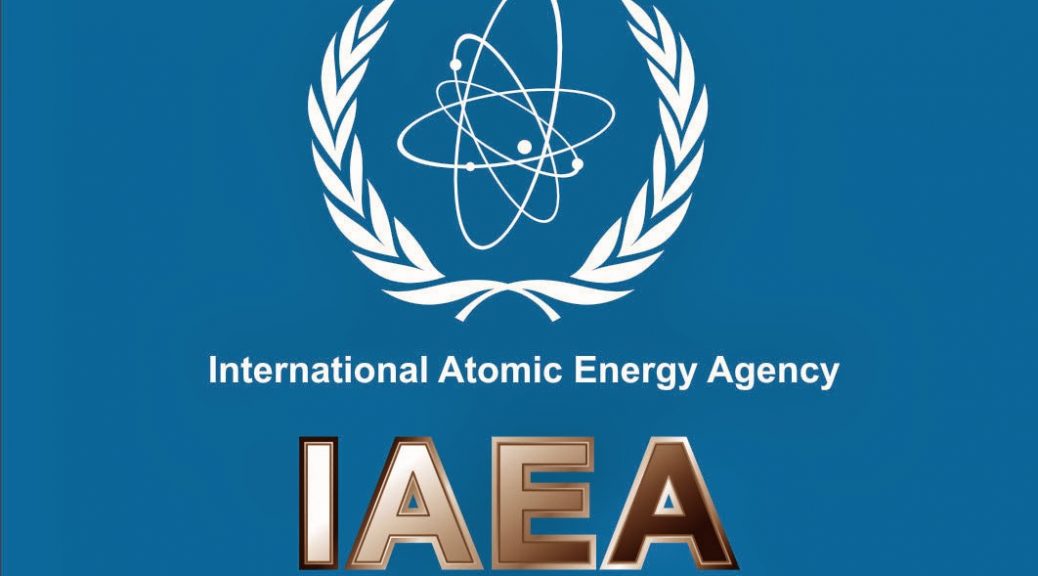July 29 Peace Love Art Activism
Technological Milestone
July 29, 1870: America’s first asphalt pavement was laid in Newark, N.J. Previously, coal tar was used for many pavements laid in the 1860s. The first recorded asphalt pavement in the U.S. was a sand mix placed in front of the City Hall in Newark, N.J., in 1870. Edmund J. DeSmedt, a Belgian chemist (who became the inspector of asphalt and cements for the District of Columbia) held a U.S. patent for this asphalt paving method, granted on 31 May 1867. In that century most roads, even in cities, were wide dirt pathways, severely affected by weather. Smooth surfaced asphalt roads originally were for the benefit of bicyclists. By 1904, only 141 miles were surfaced, but commonplace by 1916. Natural asphalt deposits were originally used, but almost all of the asphalt used commercially is now made from petroleum. (National Asphalt article) (see March 7, 1876)
July 29 Peace Love Art Activism
BLACK HISTORY
National Conference of Colored Women
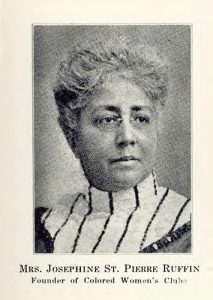
July 29, 1895: the First National Conference of Colored Women Convention was held in Boston. The participants gathered to assert their position as a critical component of the women’s movement, to discuss the issues and challenges facing African-American women, and to debate how best to move forward in light of those challenges. (Black Past dot org article) (see January 12, 1896)
Lynchings protest
July 29, 1918: in response to the increase of racially motivated killings (83 lynchings were recorded in 1918 alone), the National Liberty Congress of Colored Americans asked Congress to make lynching a federal crime. Despite attempts over the next several decades, anti-lynching legislation never passed. (Black In Time article) (next BH, see Aug 17; next Lynching, see Sept 28; for for expanded chronology, see American Lynching 2)
Hazel Scott
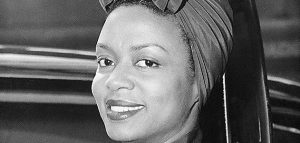
July 29, 1950: Hazel Scott was a popular jazz pianist/singer in the early 1940s. For several months in 1950, she had a regular television show on the small Dumont network (which soon went out of business).
As such, she was the first African-American to have his or her own television show. (Most people believe that Nat King Cole was the first). Scott was politically active on civil rights and left-wing issues, performing at many fund-raising events. She was named as a Communist sympathizer in the notorious anti-communist report Red Channels (see June 22). Then, on July 22, she was called to testify before the House Un-American Activities Committee HUAC). A week later, on this day, Dumont cancelled her show, and her career never fully recovered. (Smithsonian article on Scott) (Red Scare, see Sept 22; BH, see Sept 1)
Moderation urged
July 29, 1964: in response to urban riots in New York City, Philadelphia, and other cities, moderate civil rights groups on this day urged a moratorium on demonstrations and other forms of protest until after the presidential election. They were concerned that any future violence might help elect Republican candidate Barry Goldwater, who had opposed the 1964 Civil Rights Act, as president in November. The more militant groups, the Student Nonviolent Coordinating Committee (SNCC) and the Congress of Racial Equality (CORE), refused to suspend protests and issued a separate statement arguing that demonstrations had been crucial to civil rights progress and should not be suspended. (see July 30)
Stop and Frisk Policy
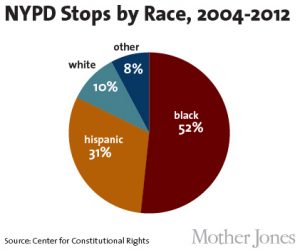
July 29, 2014: Police unions lost their bid to challenge a ruling concluding that the city’s stop-and-frisk tactics are sometimes discriminatory — moving the city a step closer toward changing the program.
The stop, question and frisk program had drawn criticism for its effect on minorities, but has also won praise for its role in reducing crime.
In a written ruling, U.S. District Judge Analisa Torres said five police unions representing the majority of the NYPD’s 35,000 employees lacked legal standing to pick up where the city left off when it decided to settle the case last year rather than pursue an appeal.
The unions said a finding of discrimination against minorities within the stop-and-frisk program had damaged the reputations of the nation’s largest police force.
But Torres said unions’ claims rested “on the flawed assumption that anonymous officers who have not taken part in this litigation have a reputational interest arising from the court’s finding against their employer.”
She added: “As a general matter, employees suffer no legally protectable reputational harm merely because their employer is found liable in a lawsuit.”
The judge said the unions had presented no evidence of serious reputational harm or how the findings were highly injurious.
“Nor do the unions provide examples of how their members’ careers have been `tarnished,’ `adversely affected’ or how officer integrity has been impugned,” Torres said. [ACLU S & F statistics] (see Nov 11)
July 29 Peace Love Art Activism
US Labor History
Mary Harris “Mother” Jones
July 29, 1903: Mary Harris “Mother” Jones led a march to New York City to plead with President Theodore Roosevelt to help improve conditions for the children, demanding a 55 hour work week. On this date, a preliminary delegation from the March of the Mill Children from Philadelphia to President Theodore Roosevelt’s summer home in Oyster Bay, Long Island, publicizing the harsh conditions of child labor, arrived. They were not allowed through the gates. (Fem Bio article on Jones) (see Nov 14)
United Farm Workers
July 29, 1970: 26 grape growers in Delano signed contracts with UFW ending a five year strike. [NYT article] (see July 30, 1970)
July 29 Peace Love Art Activism
Nuclear/Chemical News
July 29, 1957: the U.S. Ratification of the International Atomic Energy Agency by President Eisenhower, marked the official birth of the IAEA. In the press conference following the signing ceremony in the Rose Garden of the White House in Washington, D.C., President Eisenhower evoked his address to the UN General Assembly in December 8, 1953, at which he had proposed to establish the IAEA.
“In fact, we did no more than crystallize a hope that was developing in many minds in many places … the splitting of the atom may lead to the unifying of the entire divided world.” (Nations Encyclopedia article) (see Aug 1)
July 29 Peace Love Art Activism
Space Race
July 29, 1958: President Dwight Eisenhower signed the National Aeronautics and Space Act of 1958 into law, establishing NASA. The American program had been delayed in part because Eisenhower insisted that the space program should be a non-military operation, and that it should not reconfigure defense missiles for space exploration. (text) (see Dec 6)
July 29 Peace Love Art Activism
Suze Rotolo
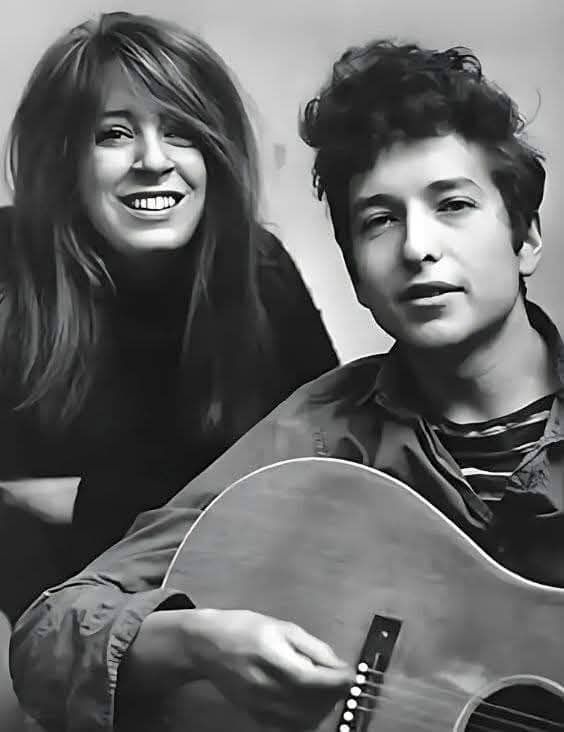 July 29, 1961: after seeing him play at a folk music day at the Riverside Church. Suze Rotolo became an enthusiastic fan. The Rotolo family lived above the Cafe Society Downtown, a little theatre in Greenwich Village. She lived with her mother, Mary, a widow, and her sister Carla, Above the Rotolos, on the fourth floor, lived Miki Isaacson, whose living room was a permanent crash pad for folk singers, including Dylan, who was pleased to be staying near Suze. The two soon became an item.
July 29, 1961: after seeing him play at a folk music day at the Riverside Church. Suze Rotolo became an enthusiastic fan. The Rotolo family lived above the Cafe Society Downtown, a little theatre in Greenwich Village. She lived with her mother, Mary, a widow, and her sister Carla, Above the Rotolos, on the fourth floor, lived Miki Isaacson, whose living room was a permanent crash pad for folk singers, including Dylan, who was pleased to be staying near Suze. The two soon became an item.
At about the time she met Dylan, Rotolo began working full time as a political activist in the office of the Congress of Racial Equality and the anti-nuclear group SANE. It was not until they met that Dylan’s writing began to address issues such as the civil rights movement and the threat of nuclear war.
Unfortunately the love affair was doomed. Their breakup in 1964 yielded some of his greatest early love songs – Tomorrow Is A Long Time, Don’t Think Twice, It’s All Right and subsequent family squabbles with the Rotolos were documented in Ballad In Plain D, on Another Side Of Bob Dylan. (see Sept 14)
Help!
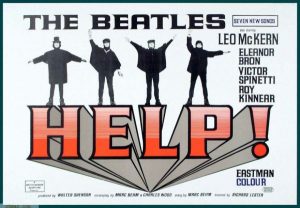 July 29, 1965: The Beatles’ second film Help! had its royal première at the London Pavilion, Piccadilly Circus, London. Ten thousand fans gathered outside to see the group arrive in a black Rolls-Royce. Inside the Pavilion they met Princess Margaret and Lord Snowdon, who had delayed their summer holiday for the event. (see Aug 6)
July 29, 1965: The Beatles’ second film Help! had its royal première at the London Pavilion, Piccadilly Circus, London. Ten thousand fans gathered outside to see the group arrive in a black Rolls-Royce. Inside the Pavilion they met Princess Margaret and Lord Snowdon, who had delayed their summer holiday for the event. (see Aug 6)
Dylan’s motorcycle accident
July 29, 1966: Dylan was involved in a motorcycle accident. The seriousness of the accident is still unknown. Dylan’s biographers have written that the crash offered him the much-needed chance to escape from the pressures that had built up around him. Dylan confirmed this interpretation of the crash when he stated in his autobiography, “I had been in a motorcycle accident and I’d been hurt, but I recovered. Truth was that I wanted to get out of the rat race.” In the wake of his accident, Dylan withdrew from the public and, apart from a few select appearances, did not tour again for almost eight years. [2016 Seattle Times article] (see February – December 1967)
Beatles v Jesus
July 29, 1966: John Lennon’s March 4 interview with Maureen Cleave in which he says “We’re more popular than Jesus” appeared in American teen magazine, “Datebook.” Within days of publication, anti-Beatle sentiment builds up and American disc jockeys in the southern States encourages the destruction of Beatle records and memorabilia at bonfire rallies. Also enforced was a radio ban on Beatle records that was started by a Birmingham, Alabama D.J. The ban picked up momentum by other radio stations in the southern Bible belt. By August 6, thirty US radio stations have banned all Beatles records from airplay.
World reaction to John’s remarks:
- South Africa: Piet Myer of the South African Broadcasting Corporation temporarily banned Beatles records from being played and noted that “The Beatles arrogance has passed the ultimate limit of decency. It is clowning no longer.”
- Spain: three radio stations immediately bans the airing Beatle records.
- Holland: one radio station banned the airing of Beatle records. (Beatles, see July 3– – Sept 2; Lennon’s remarks, see Aug 5 )
Light My Fire
July 29 – August 18, 1967: “Light My Fire” by the Doors #1 on the Billboard Hot 100.
The Road to Bethel
July 29, 1969: Woodstock Ventures served with papers to appear in court regarding impact of festival on local summer youth camps and local homeowners. An out-of-court settlement agreed to with camps. Judge George Cobb stated that he’d hand down his decision on August 14—the day before the festival was to begin.
The abandoned Diamond Horseshoe hotel ready for workers to move in. (see Chronology for expanded story)
Cherry Garcia
July 29, 1987: Ben and Jerry’s Ice Cream introduced their signature flavor, and first celebrity-themed flavor, “Cherry Garcia.” (GD, see August 9, 1995; CM, see December 17, 1989)
July 29 Peace Love Art Activism
Vietnam
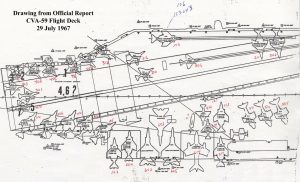 July 29, 1967: fire swept the U.S. aircraft carrier Forrestal off the coast of North Vietnam in the Gulf of Tonkin. It was the worst U.S. naval disaster in a combat zone since World War II. The accident took the lives of 134 crewmen and injured 62 more. Of the carrier’s 80 planes, 21 were destroyed and 42 were damaged. (Times Machine article) (see Aug 4)
July 29, 1967: fire swept the U.S. aircraft carrier Forrestal off the coast of North Vietnam in the Gulf of Tonkin. It was the worst U.S. naval disaster in a combat zone since World War II. The accident took the lives of 134 crewmen and injured 62 more. Of the carrier’s 80 planes, 21 were destroyed and 42 were damaged. (Times Machine article) (see Aug 4)
July 29 Peace Love Art Activism
Charles & Di
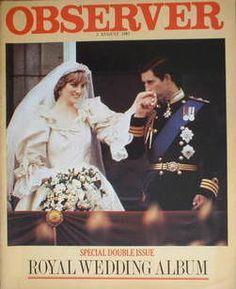 July 29, 1981: a worldwide television audience of over 700 million people watched the wedding of Charles, Prince of Wales, and Lady Diana Spencer at St Paul’s Cathedral in London.
July 29, 1981: a worldwide television audience of over 700 million people watched the wedding of Charles, Prince of Wales, and Lady Diana Spencer at St Paul’s Cathedral in London.
July 29 Peace Love Art Activism
LGBTQ & BSA
July 29, 1992: James Dale, 21-year-old Rutgers University student and former Eagle Scout, sued the Boy Scouts of America, saying his membership was revoked two years ago after the Scouts found out he was gay. Dale said the Boy Scouts taught him to take pride in who he is. “I owe it to the organization to point out to them how bad and wrong this policy is,“
The Monmouth Council [NJ] of the Boy Scouts of America said Dale did not meet the standards of leadership set by the national organization, which prohibits homosexuals. (BSA/Dale, see March 3, 1998; LGBTQ, see May 5, 1993)
July 29 Peace Love Art Activism
Feminism
Dr Britton Killed
July 29, 1994: abortion opponent Paul Hill shot and killed Dr. John Bayard Britton and Britton’s bodyguard, James H. Barrett, outside the Ladies Center clinic in Pensacola, Florida. (Hill was executed on September 4, 2003.) (NY Times article) (see Sept 13)
July 29 Peace Love Art Activism
CLINTON IMPEACHMENT
Clinton testifies
July 29, 1998: Clinton agreed to testify voluntarily and Starr’s office withdraws the subpoena. Clinton’s testimony is set for August 17 at the White House.
Clinton fined
July 29, 1999: U.S. District Court Judge Susan Webber Wright ordered President Bill Clinton to pay $90,686 for giving false testimony in the civil sexual harassment lawsuit filed against him by Paula Jones. (see Clinton for expanded story)
July 29 Peace Love Art Activism
Native Americans
July 29, 2010: President Obama signed the Tribal Law and Order Act of 2010, an act to help the Federal Government better address the unique public safety challenges that confront tribal communities. According to a Department of Justice report, Native American women suffer from violent crime at a rate three and a half times greater than the national average. One in three Native American women will be raped in their lifetimes. (NCAI article) (see February 14, 2011)
July 29 Peace Love Art Activism
Watergate Scandal
July 29, 2011: U.S. District Judge Royce Lamberth granted a request by historian Stanley Kutler, and others to unseal the testimony given by President Richard Nixon on June 23 and 24 in 1975. Nixon had been questioned about the political scandal during the 1970s that resulted from the break-in of the Democratic National Committee headquarters at the Watergate office complex in Washington.
Lamberth ruled in the 15-page opinion that the special circumstances, especially the undisputed historical interest in Nixon’s testimony, far outweighed the need to keep the records secret. “Watergate significance in American history cannot be overstated,” Lamberth wrote, adding that the scandal continues to attract both scholarly and public interest. “The disclosure of President Nixon’s grand jury testimony would likely enhance the existing historical record, foster scholarly discussion and improve the public’s understanding of a significant historical event,” he said. (see Watergate for expanded story)
July 29 Peace Love Art Activism
LGBTQ & Westboro Baptist Church
July 29, 2013: members of the Westboro Baptist Church of Topeka, Kan., appeared at a Macklemore concert in Kansas City, Mo. to protest the song “Same Love,” about sexual equality and gay marriage. (MYNorthwest article) (LGBTQ, see Aug 26 ; WBC, see August 20)
July 29 Peace Love Art Activism
Voting Rights
July 29, 2016
- a U.S. appeals court struck down a North Carolina law that required voters to show photo identification when casting ballots, ruling that it intentionally discriminated against African-American residents. The ruling, a victory for rights advocates that enabled thousands of people to vote more easily. (NPR article)
- Judge Larry Hendricks, a Shawnee County district judge, ruled that the votes of 17,500 people whose registrations had been questioned would be tallied in Tuesday’s primary. Hendricks issued a temporary order, meaning the votes will be counted Tuesday. The American Civil Liberties Union had filed the lawsuit against Secretary of State Kobach on behalf of Kansas voters who were told that they could vote in federal elections but that their votes in state and local elections would not be counted. Kobach argued that by ruling against him, the state would be letting people who weren’t U.S. citizens vote in the primary.
- S. District Judge James Peterson threw out as unconstitutional a host of Wisconsin election laws passed in recent years, saying they unfairly benefited Republicans who had enacted them and made it more difficult for Democrats to vote. Peterson’s ruling keeps in place the state’s voter identification law, unlike recent rulings in North Carolina and Texas, but he ordered broad changes. (Chicago Tribune article) (see May 11, 2017)
July 29 Peace Love Art Activism
World Trade Center
July 29, 2019: President Trump signed the 9/11 Victim Compensation Fund bill into law during a ceremony in the State Dining Room.
July 29 Peace Love Art Activism
